Can I leave an oil filled radiator on overnight? – Here’s what you need to know
We asked the experts about the practicalities, both in terms of safety and your energy bills
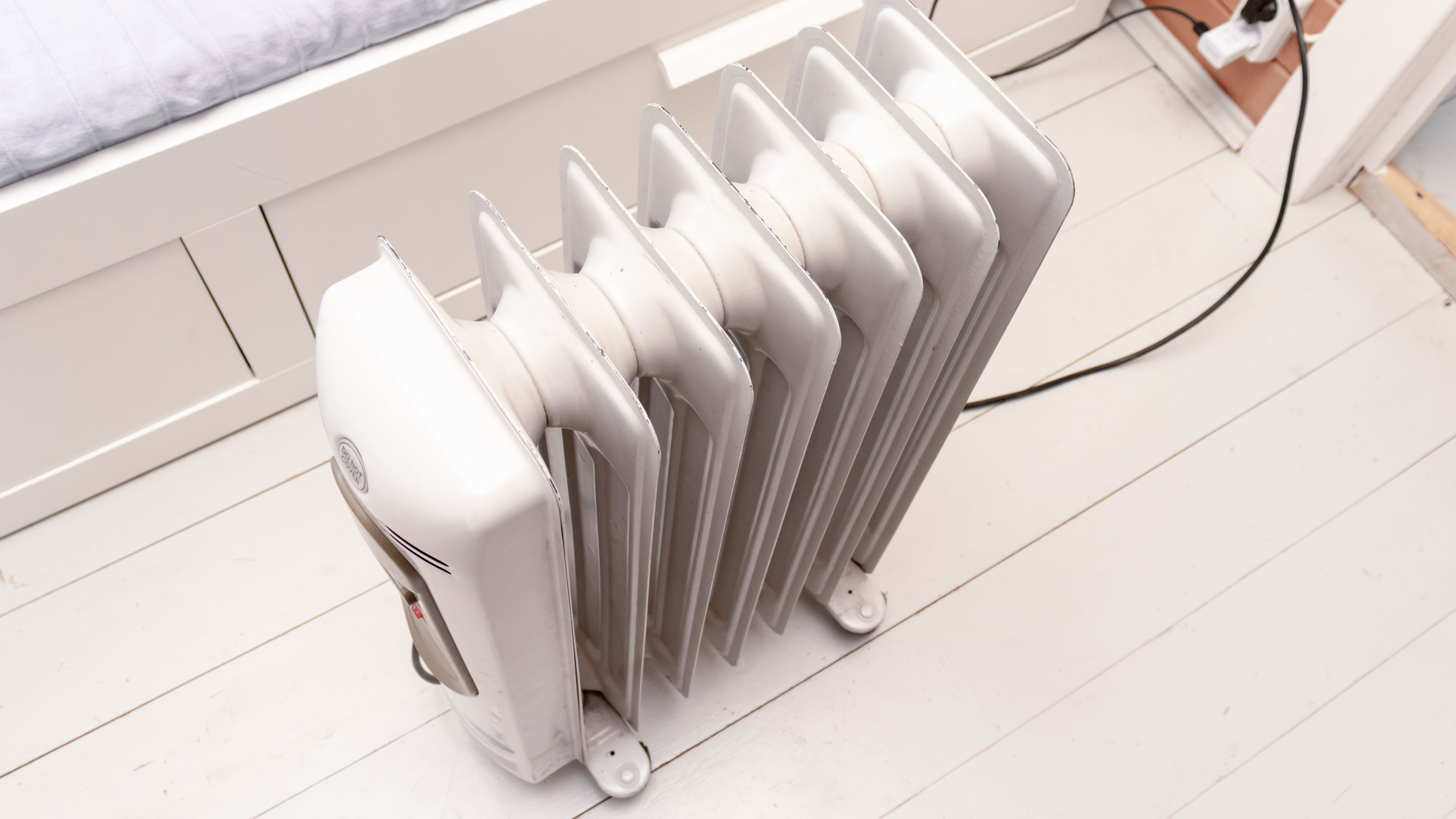

If you get chilly overnight during the colder months, an oil-filled radiator can be a great idea to efficiently warm up just one room in the house without turning the heating on. But if you know you're liable to drift off before hitting the off switch on your little rad it's important to know if you can leave an oil-filled radiator on overnight.
The best oil-filled radiators can keep you and smaller rooms and spaces much warmer, and the best part is that generally, the experts all agree that an oil-filled radiator can be left on overnight.
But whether or not this makes the most financial sense, is another thing.
‘Modern models have safety features like built-in timers, tip-over protection, and thermostats, making them highly reliable,’ says NationalInsulationSupplies.co.uk’s Heating and Insulation Expert, Michael Wray.
‘These heaters are designed with a high boiling point, ensuring the oil inside maintains a stable pressure. Additionally, with no moving parts, they operate silently, eliminating any noise that might disrupt your sleep. So, these features make your oil-filled radiator safe and convenient to use throughout the night.’
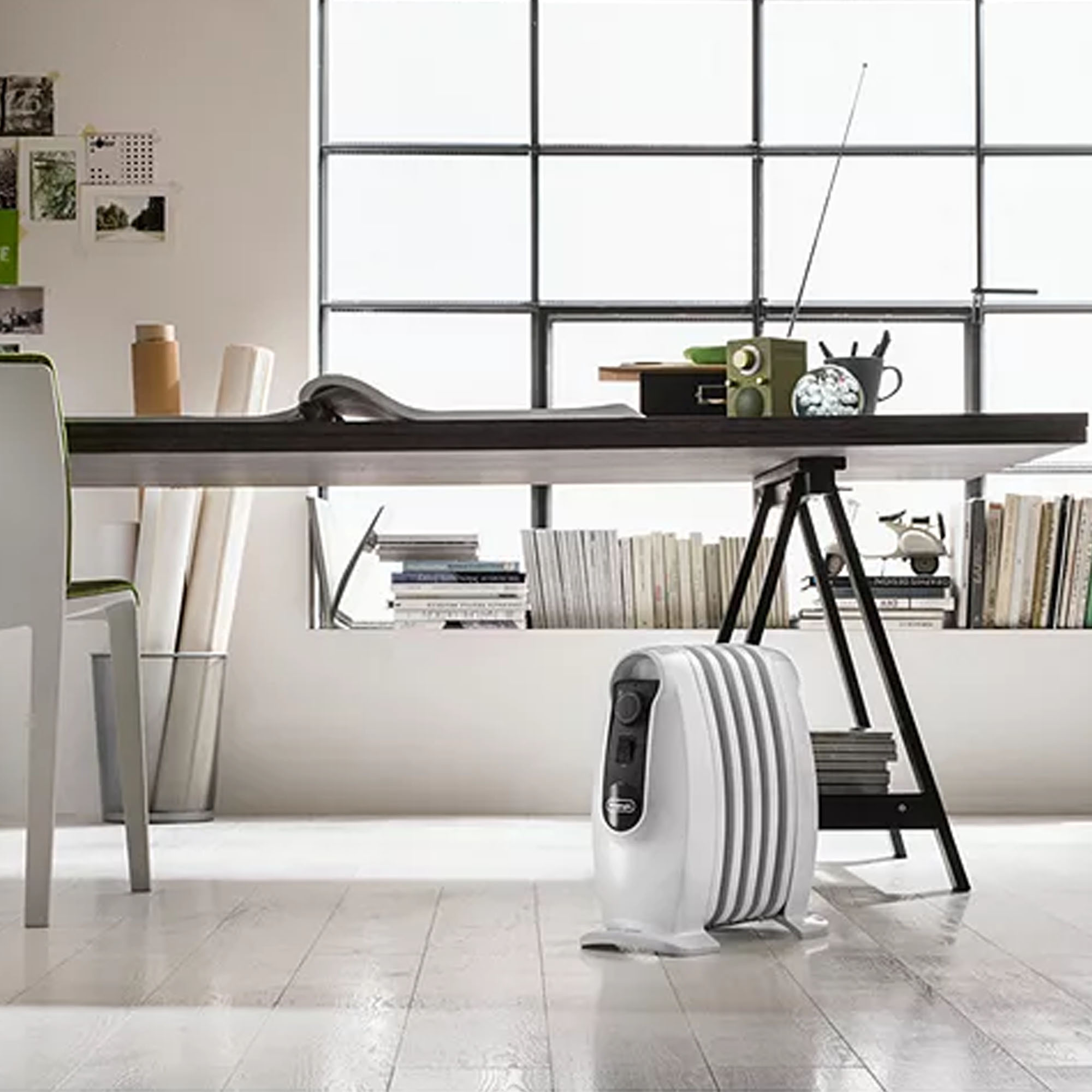
Are oil radiators safe to run overnight?
If you’ve ever asked yourself, ‘are oil-filled radiators dangerous?,’ the simple answer is no, not if they are used correctly. As long as you follow the safety measures above, you should be completely fine.
In fact, ‘out of all types of electric heaters, oil heaters are generally the safest to leave on overnight,’ Nicholas proposes. ‘However, they still are an electrical appliance which comes with its own risks when being left on overnight. I would always recommend turning it off overnight, or at least setting a timer which would mean that it turns off automatically.’
And, of course, using modern models with advanced safety features is always recommended for extra peace of mind.
What to consider when running an oil filled radiator overnight
If you do choose to leave an oil filled radiator on overnight, there are a few things to remember. Firstly, if you have an oil filled radiator that is a few decades old, while it might work perfectly fine if you’re able to keep an eye on it, leaving it unattended – especially while you sleep – could be potentially riskier than using a new or more modern model.
‘It is important to purchase newer models as they are designed with modern safety functions like automatic shut-off, thermal cut-off, and child locks for extra protection. Older models may have electrical issues due to past use, which can be a safety hazard,’ Michael warns.
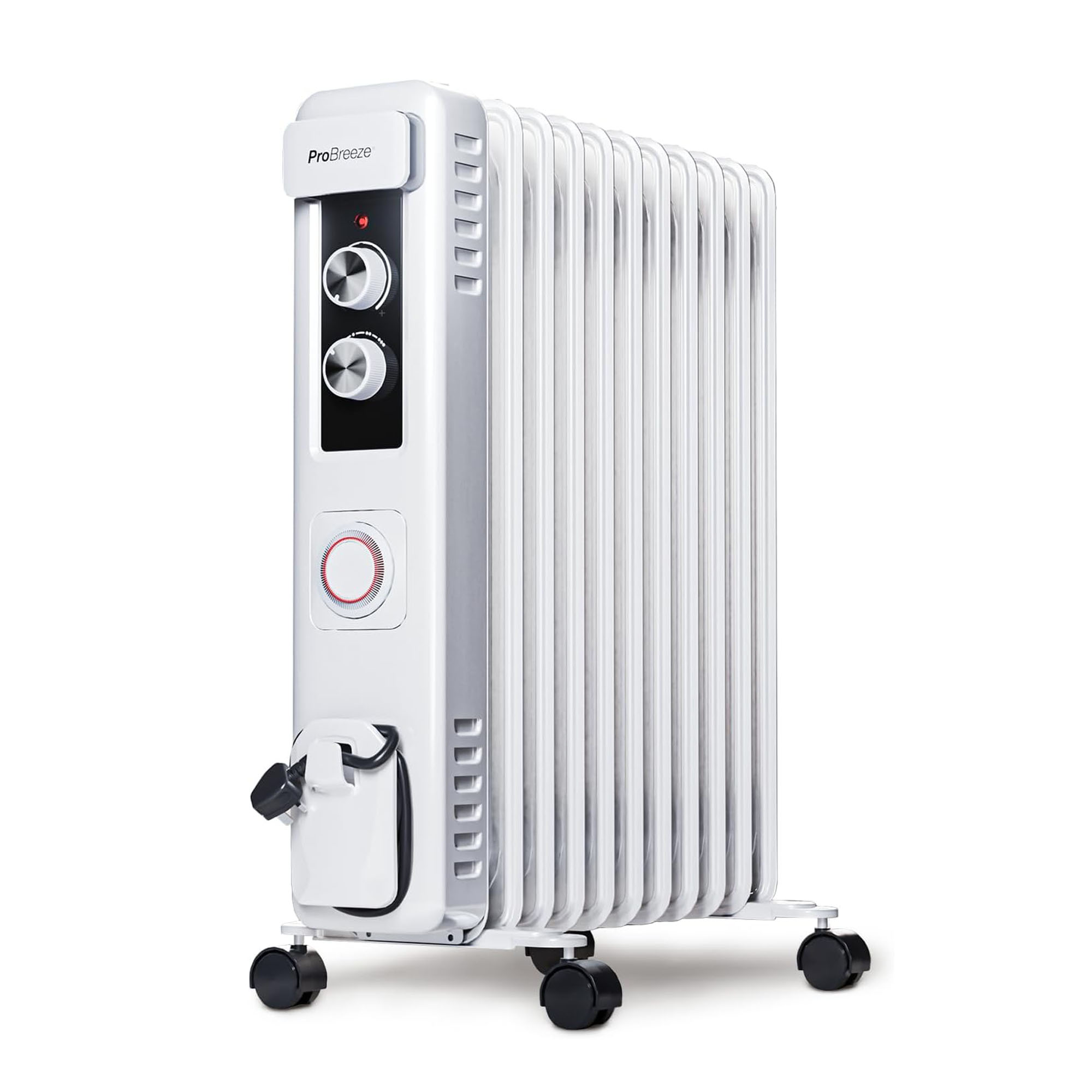
This oil-filled radiator heats up fast and includes a thermostat and timer to safely manage the heat output if you leave it on overnight
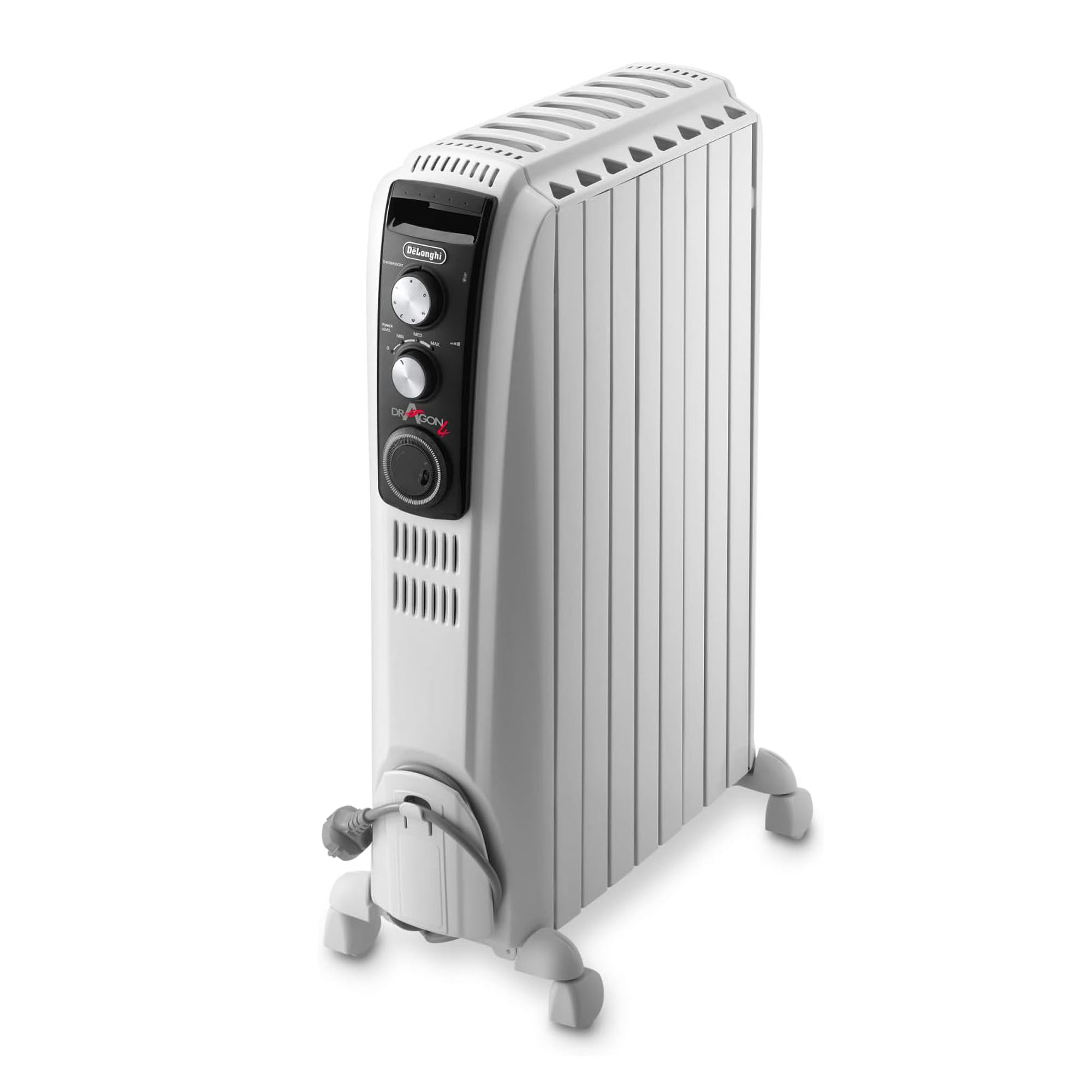
This model has all the functionality of the Pro Breeze model, including a timer. It is a little more expensive but has a 10 year warranty.
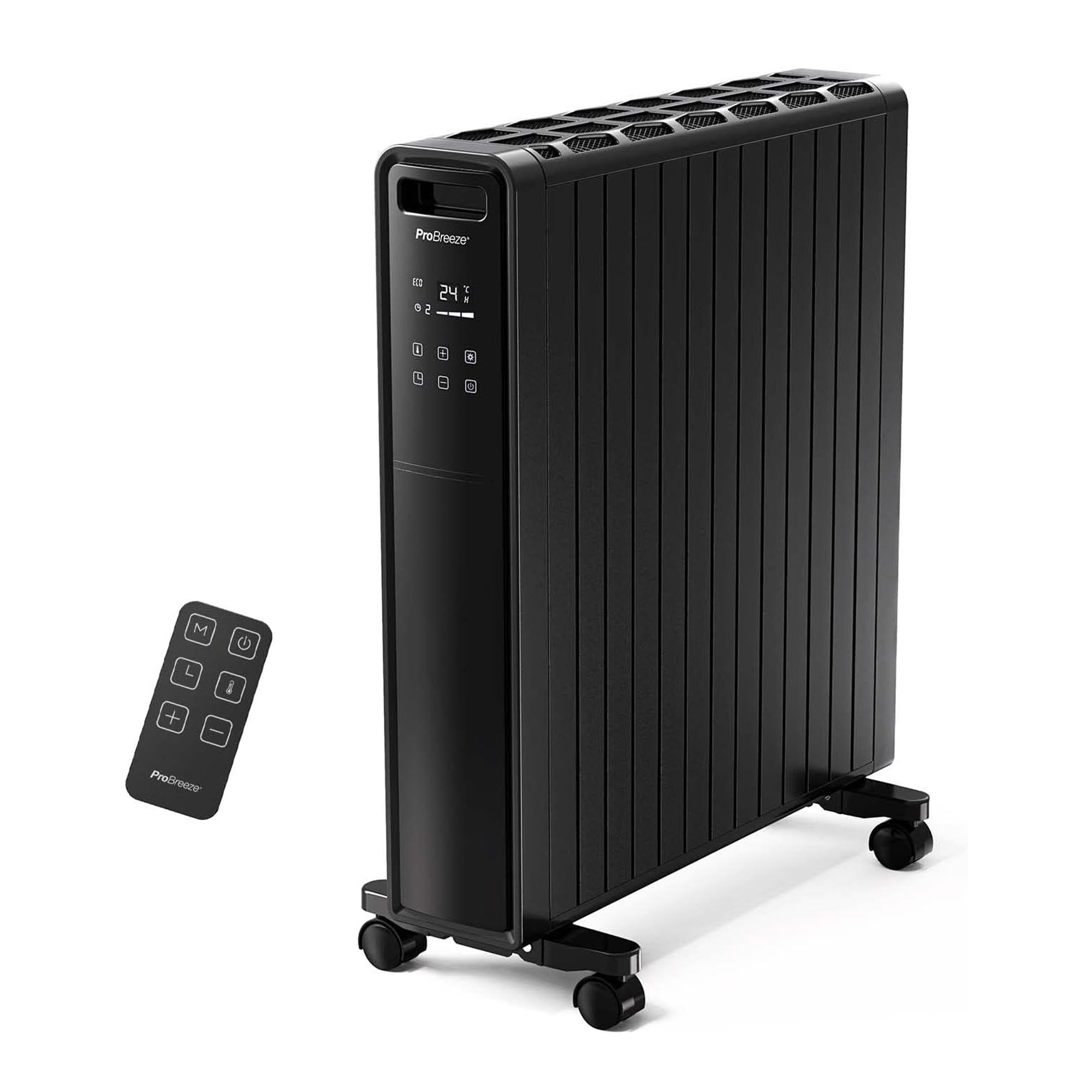
This heater is a twist on the classic oil-filled radiator using oil-free heating technology to heat up quickly.
You’ll also want to ensure that you keep it away from any flammable items, like curtains, furniture or bedding. The same can be said for placing the radiator behind upholstered furniture, as the fabric can be damaged by the heat from the radiator. And never drape clothes or blankets over the radiator – like you might with your central heating – as this can block the unit from effectively distributing heat and increase the risk of fire.
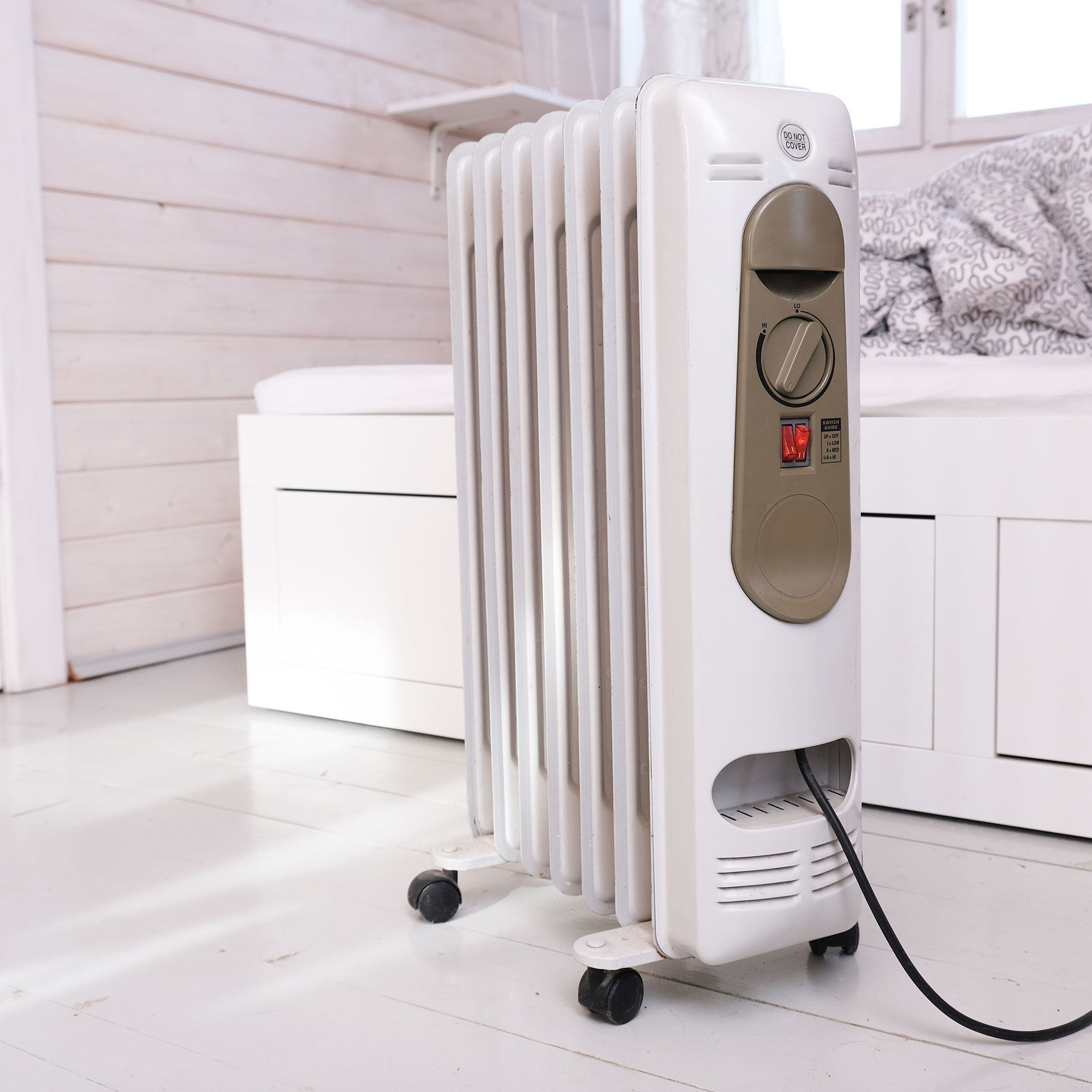
In addition to this, ‘use a wall socket directly, rather than an extension cord to reduce fire risk, and choose a radiator appropriate for the room size to avoid overheating,’ says David Miloshev, Electrician and HVAC/Heating Expert at Fantastic Services. And ‘make sure the radiator is on a flat, stable surface to prevent tipping,’ advises Nicholas Auckland, Heating and Energy Expert at Trade Radiators.
Finally, ‘you can never be too safe when it comes to heating units, so before going to bed, check that the radiator is operating correctly, and set the thermostat to a safe and energy-efficient temperature,’ Michael suggests. “Regularly check for signs of wear, damage, or leaks in the radiator or its cord,” too, David adds.
FAQs
Is it cheaper to leave an oil-filled radiator on all the time?
While you might be tempted to leave an oil-filled radiator on all day long during particularly chilly weather, the experts would recommend that you don’t, both in terms of the additional expense and not truly feeling the benefit of the added heat as and when you need it.
‘Oil-filled radiators are still electrical appliances, so I wouldn't say it's cheaper to leave an oil-filled radiator on all the time, especially in comparison to having a traditional central heating gas radiator on,’ Nicholas affirms. ‘Instead, I recommend using the radiator only when needed and leveraging a thermostat or timer to regulate usage will save money on energy bills.’
‘Technically, you can leave an oil-filled radiator on 24/7, but it’s not recommended, as prolonged use without breaks can strain the radiator, potentially shortening its lifespan,’ David warns.
And Stephen Hankinson, Radiator Expert from Electric Radiators Direct, agrees. ‘While oil filled radiators are extremely energy-efficient and can maintain warmth for extended periods, leaving one on continuously is generally not the most cost-effective approach.’
Essentially, it’s best to have a heater and ‘heating schedule that matches your lifestyle and individual routine, so your heating only ever comes on when you need it. This is perfect if you want your heating to switch on or off at certain times throughout the night,’ Stephen concludes.
Get the Ideal Home Newsletter
Sign up to our newsletter for style and decor inspiration, house makeovers, project advice and more.

Ellis Cochrane has been a Freelance Contributor for Ideal Home since 2023. Ellis has been writing about homes, interiors and gardens for four years now, with her also contributing to House Beautiful, Country Living, Expert Reviews, Real Homes and Stylist.
-
 The 8 things you didn't know you could pressure wash and how to clean them the right way, according to experts
The 8 things you didn't know you could pressure wash and how to clean them the right way, according to expertsPressure washers are great for patios, but what else can you wash with them?
By Sophie Warren-Smith
-
 Zen garden ideas on a budget – 5 simple ways to introduce the minimalist concept to your outdoor space
Zen garden ideas on a budget – 5 simple ways to introduce the minimalist concept to your outdoor spaceIt's an ultra-affordable garden design scheme
By Sophie King
-
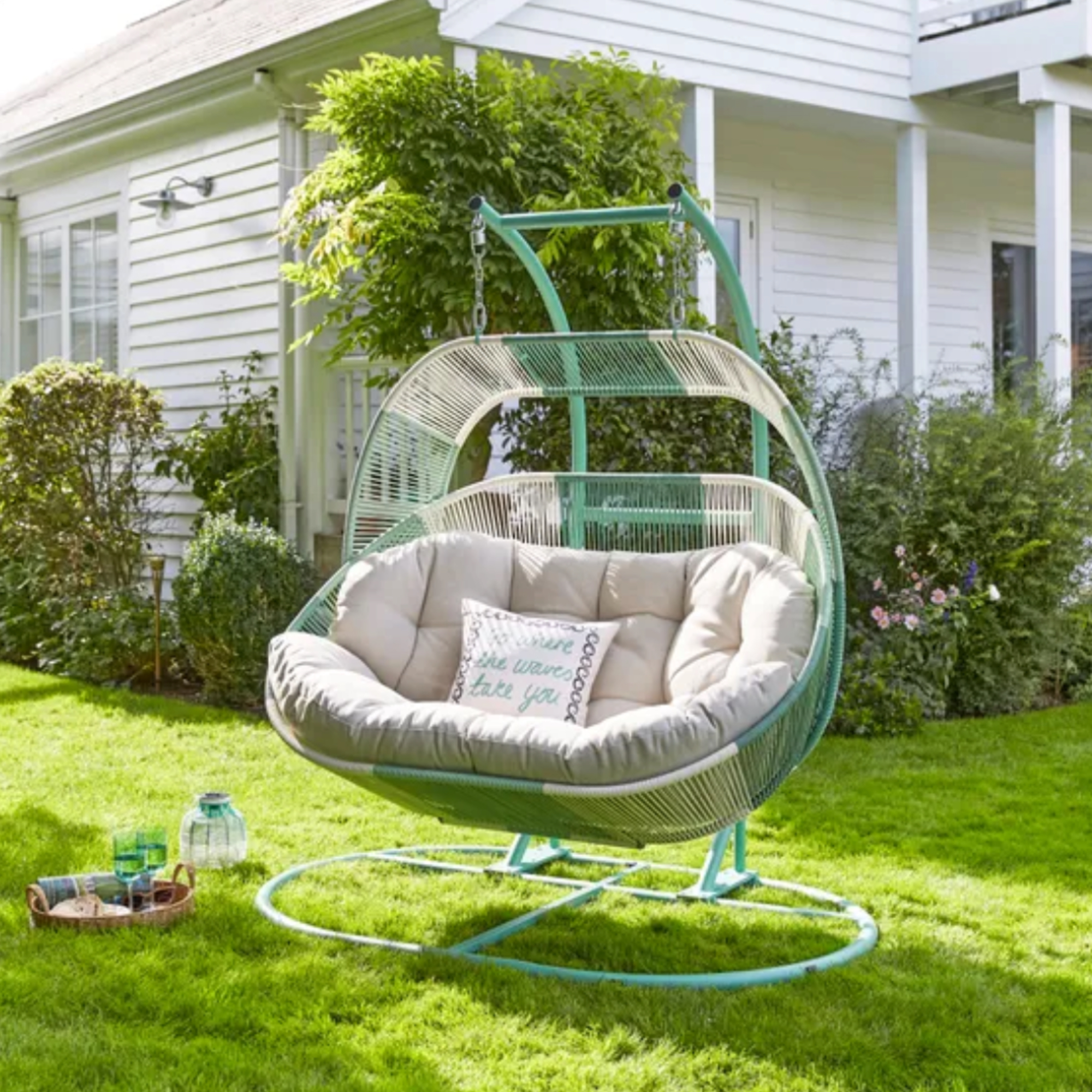 I'm a stylist with an eye for expensive-looking high street finds – these 6 garden furniture pieces at Dunelm are on my radar
I'm a stylist with an eye for expensive-looking high street finds – these 6 garden furniture pieces at Dunelm are on my radarThese pieces all look more than their price tag
By Laurie Davidson
-
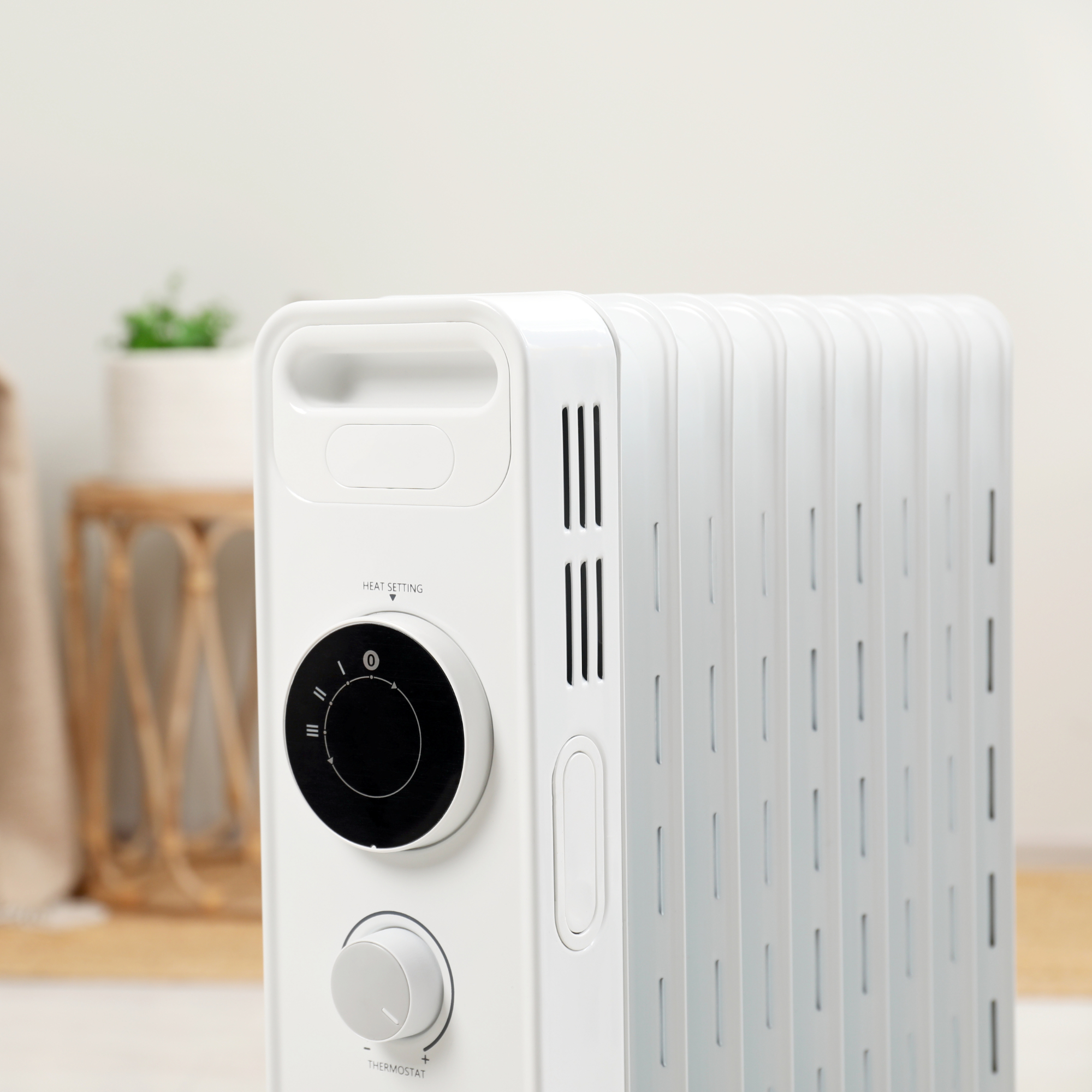 Electric heater vs electric blanket — heating experts weigh in on the effectiveness (and affordability) of these winter warmers
Electric heater vs electric blanket — heating experts weigh in on the effectiveness (and affordability) of these winter warmersConstantly cold at night? Experts weigh in on whether an electric heater or electric blanket will suit you best
By Lauren Bradbury
-
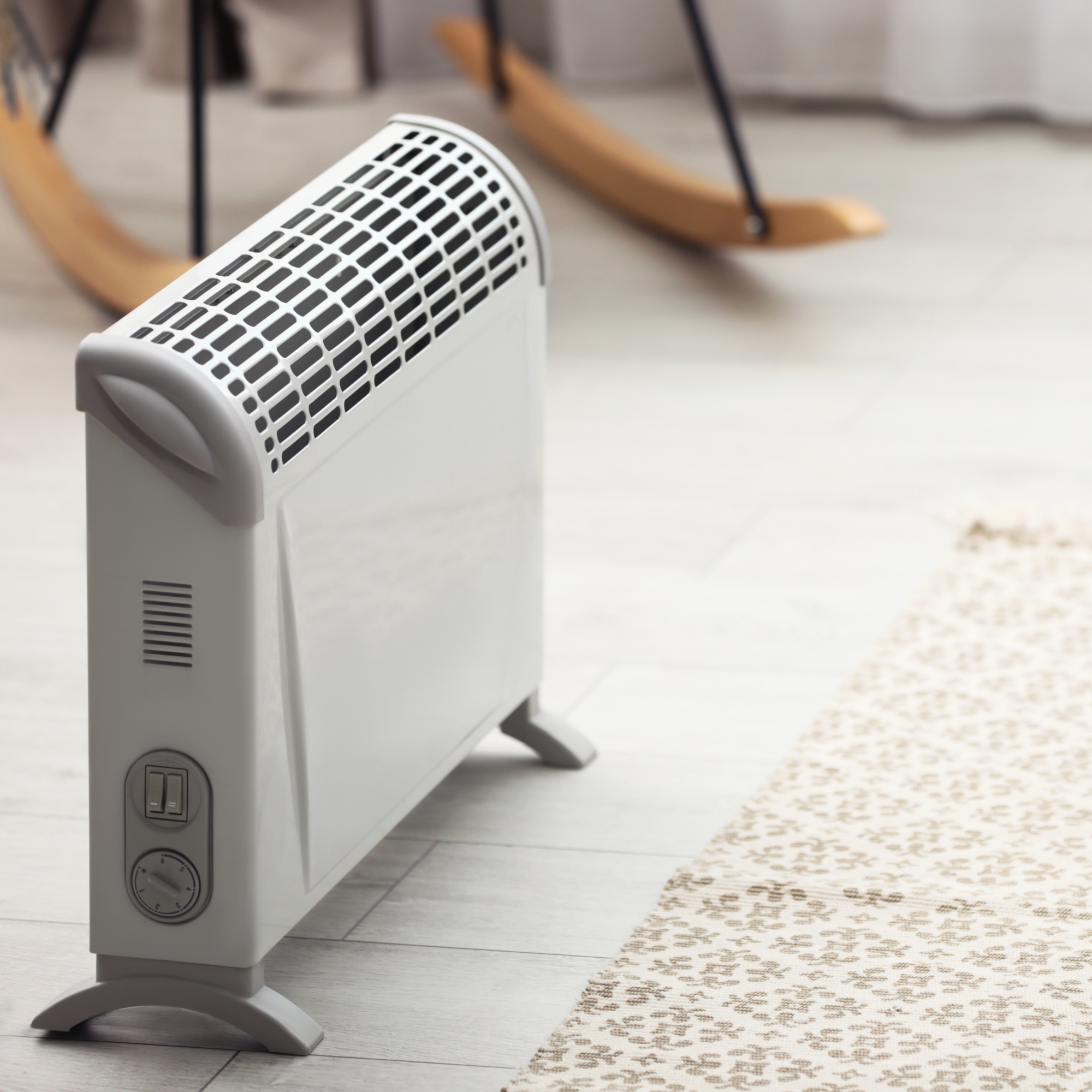 How many electric heaters do you need to heat a house? It all depends on these 5 things, according to experts
How many electric heaters do you need to heat a house? It all depends on these 5 things, according to experts5 things to consider if you want to know exactly how many you’ll need to beat the chill this winter
By Lauren Bradbury
-
 ‘This is how we saved £25,000 on our extension — it never would have been affordable otherwise'
‘This is how we saved £25,000 on our extension — it never would have been affordable otherwise'See how we turned an ugly car port into a luxury media room on a budget
By Laura Crombie
-
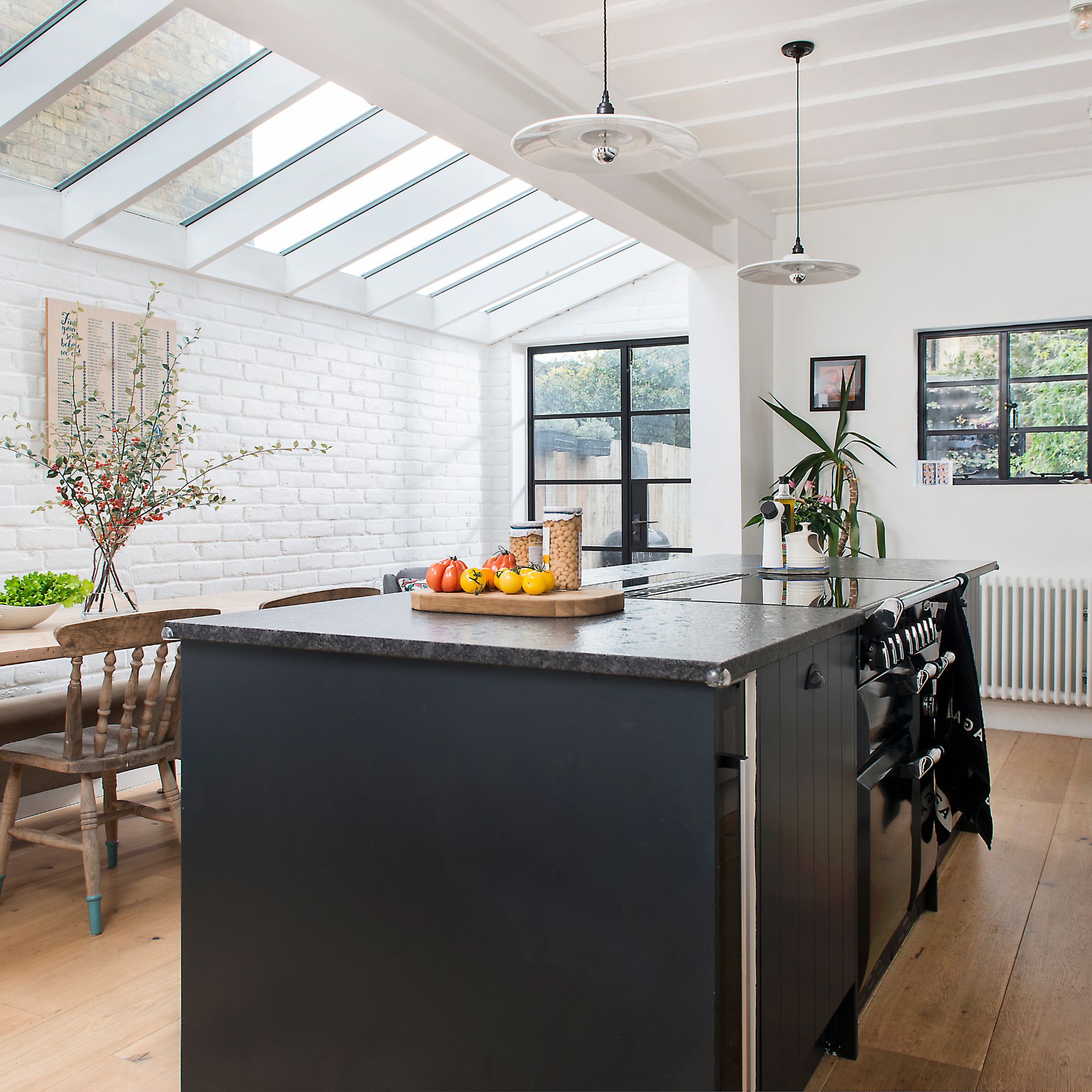 Side return extension costs — how much will it cost you to add space and will it be worth it?
Side return extension costs — how much will it cost you to add space and will it be worth it?Trying to budget for your side return extension costs? Our guide makes it easy
By Natasha Brinsmead
-
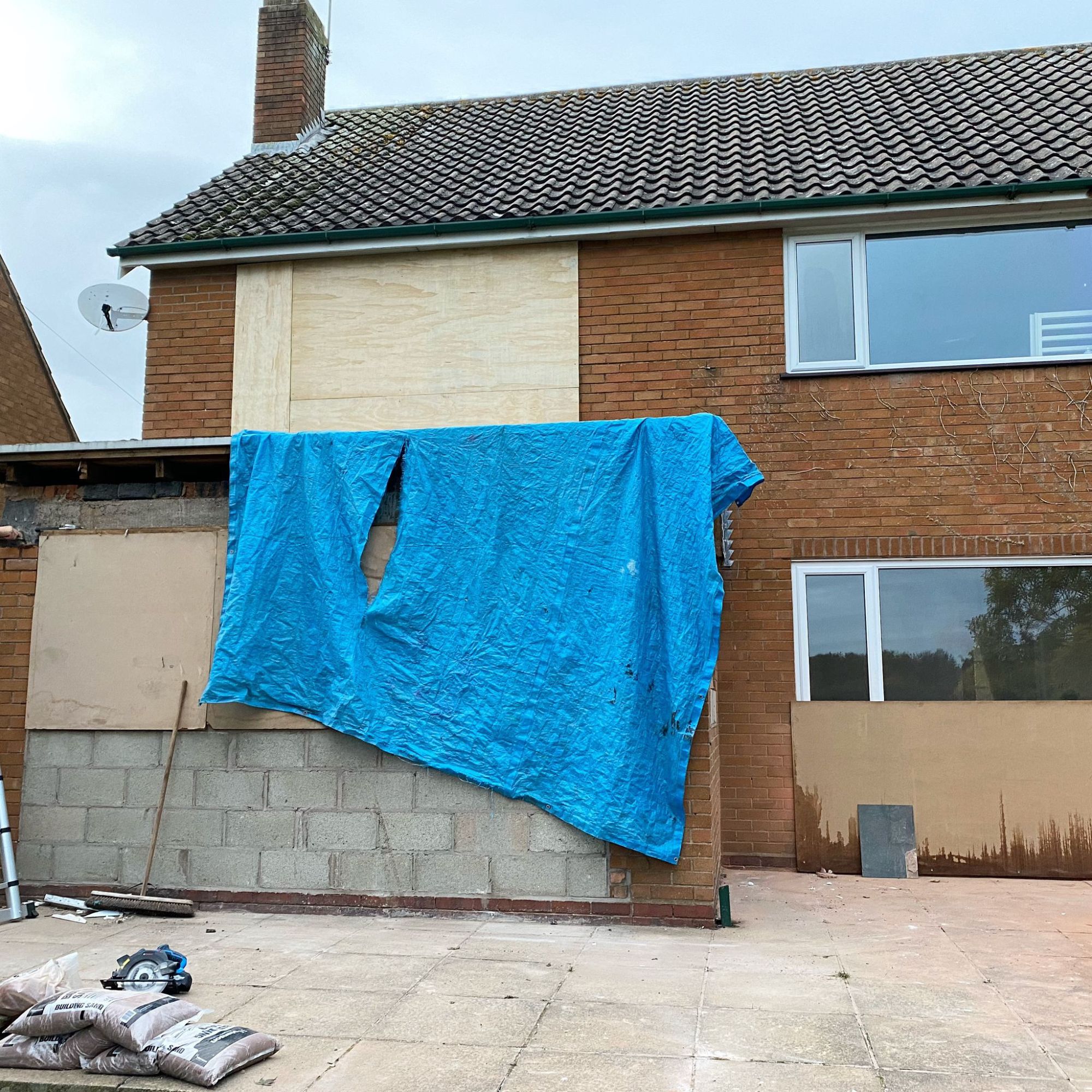 How to make the most of living on-site during a renovation project — according to those who have done it
How to make the most of living on-site during a renovation project — according to those who have done itThis is what it's like to live on-site during a renovation project, and how you can make the most of it, by those who have been there, done it and lived to tell the tale
By Sarah Handley
-
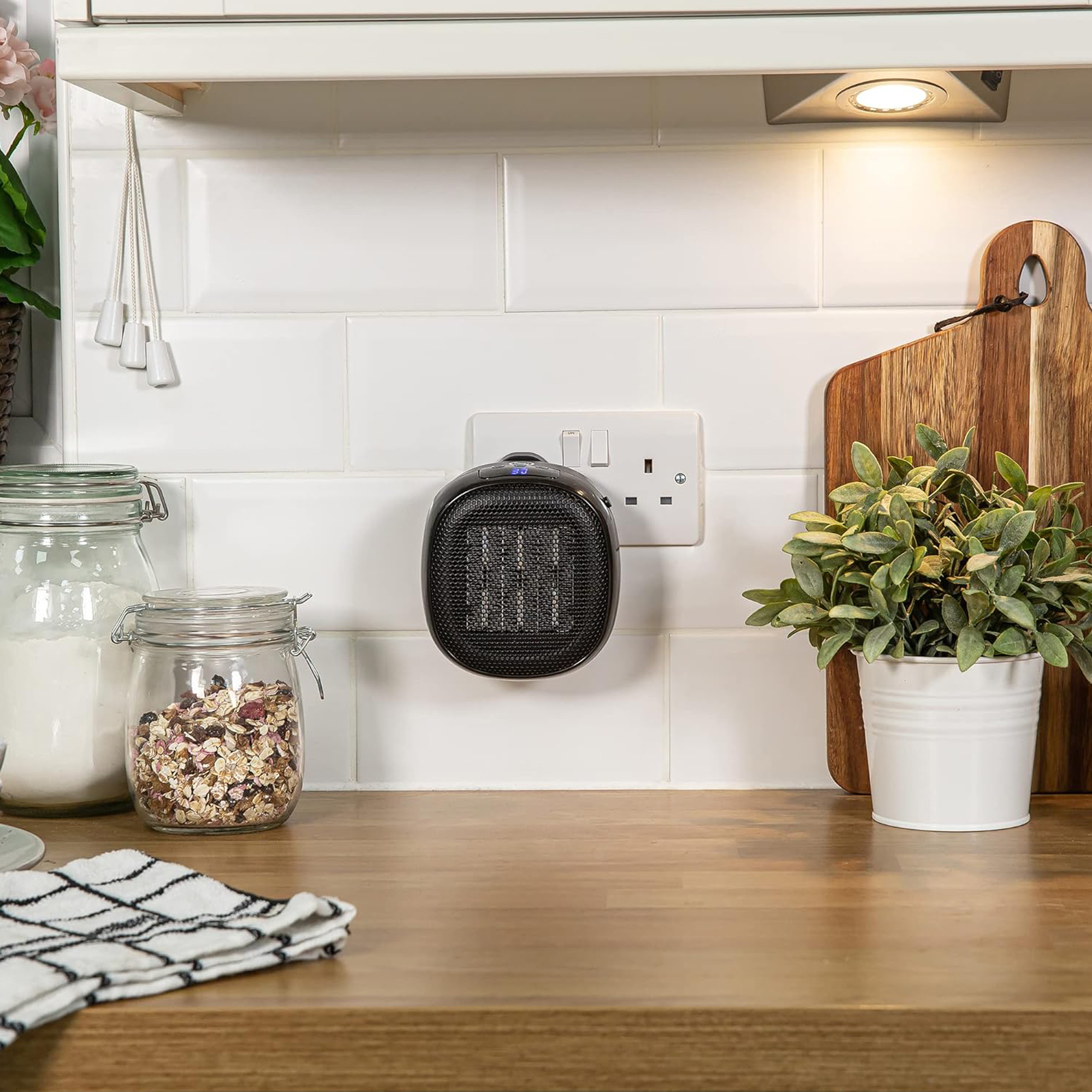 Is a ceramic heater or oil-filled radiator better for warming a home? The pros and cons to consider before investing
Is a ceramic heater or oil-filled radiator better for warming a home? The pros and cons to consider before investingWe spoke to industry experts to help you decide which heater to invest in to warm up your home
By Eilidh Williams
-
 Single storey extensions — the ultimate guide to adding more space to your home
Single storey extensions — the ultimate guide to adding more space to your homeConsidering a single storey extension as a way to add space and value to your home? Our expert guide takes you through everything you need to know, from permissions and budgeting to foundations and the realities of living on-site
By Natasha Brinsmead
-
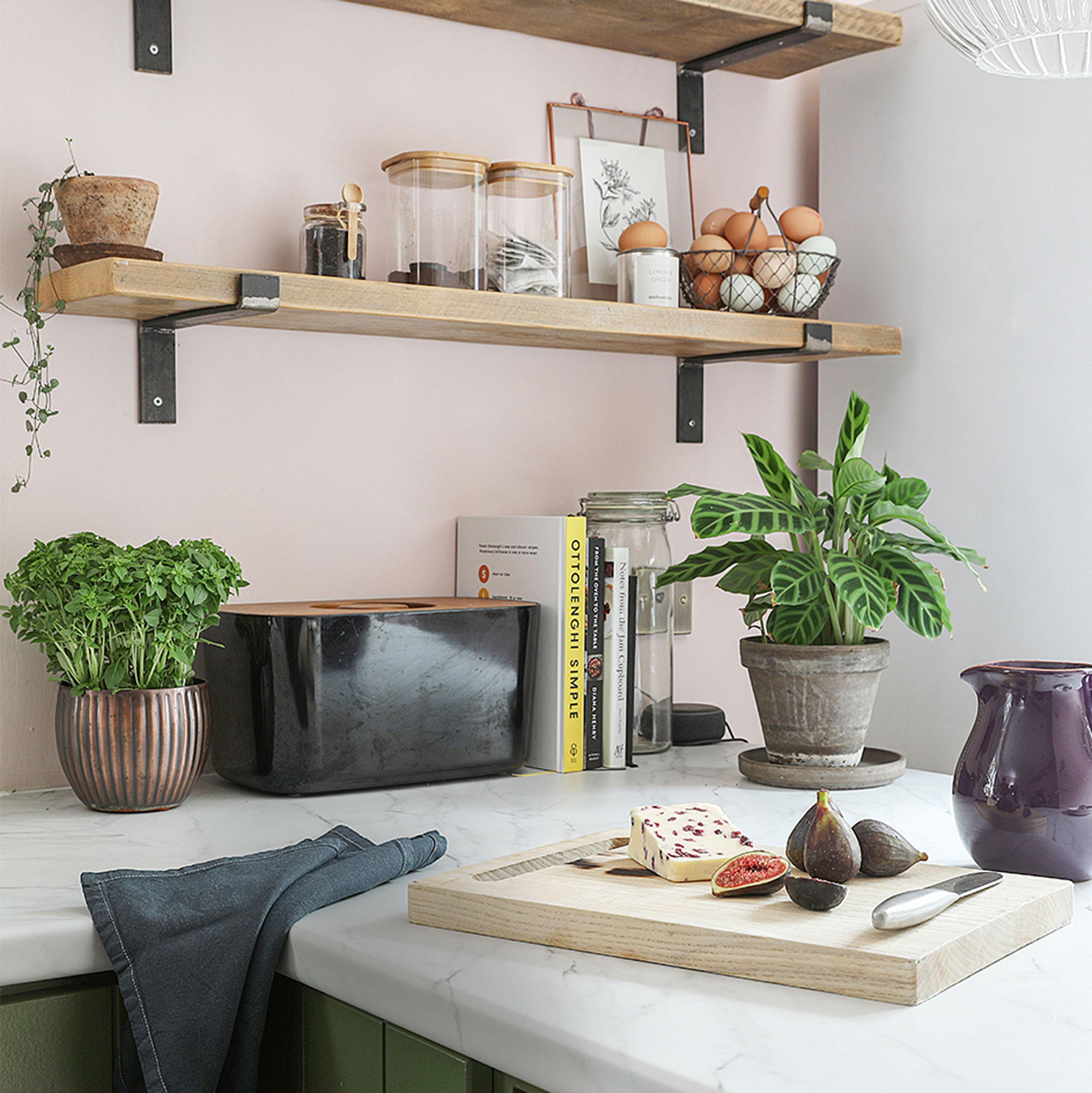 I've set up a temporary kitchen during our renovation — these are the 3 appliances I've invested in to make cooking so much easier
I've set up a temporary kitchen during our renovation — these are the 3 appliances I've invested in to make cooking so much easierWho needs an oven anyway?
By Jenny McFarlane